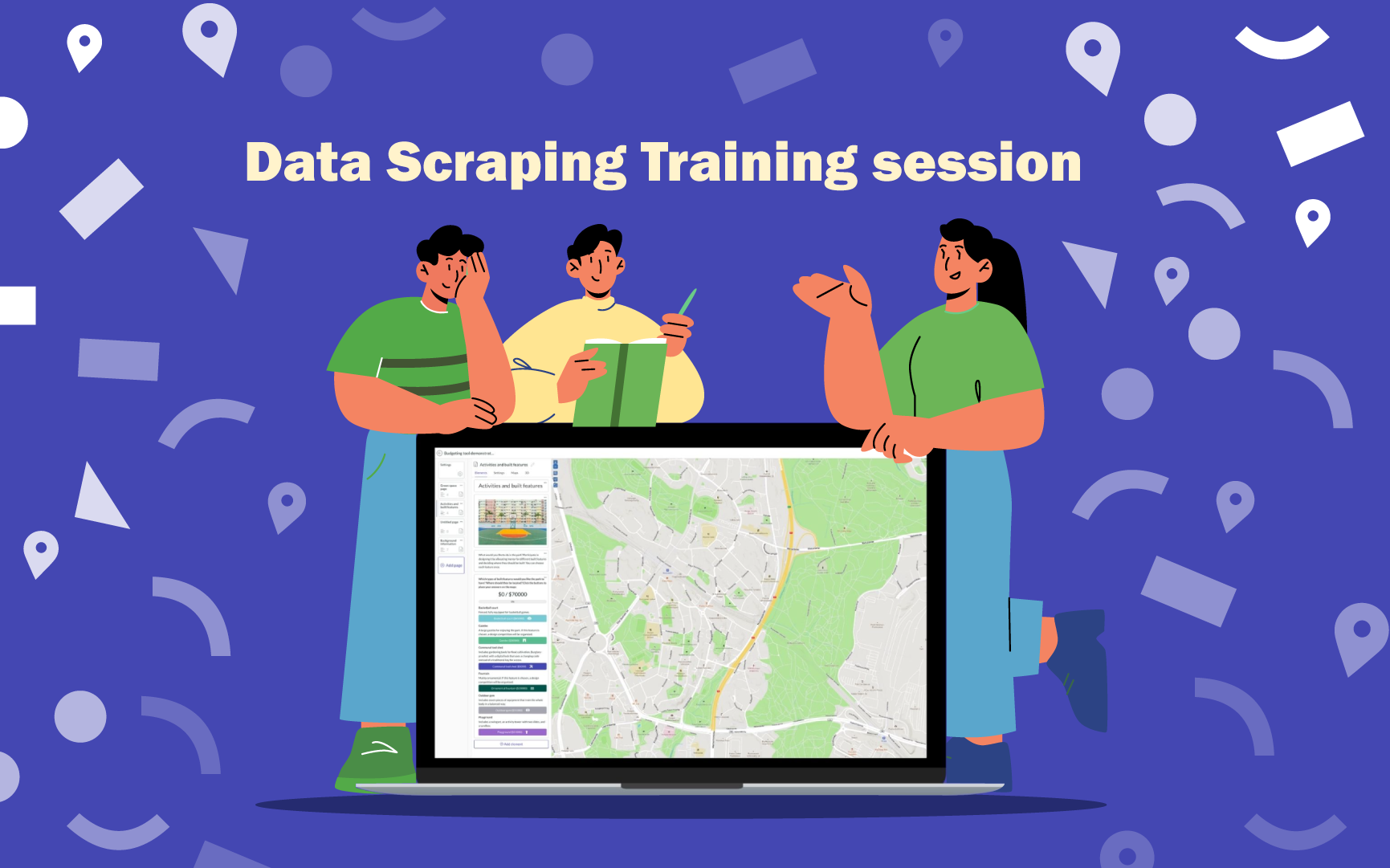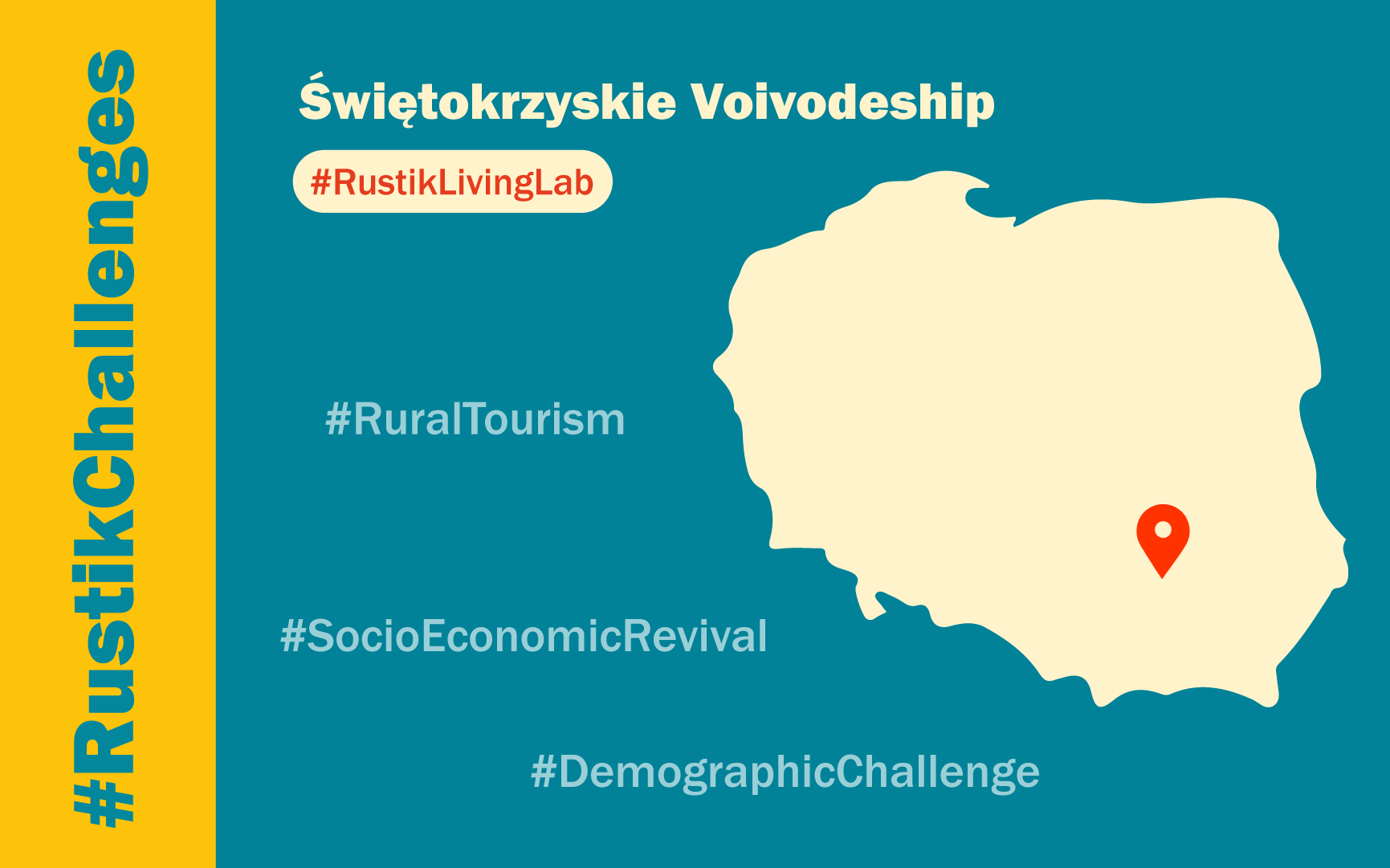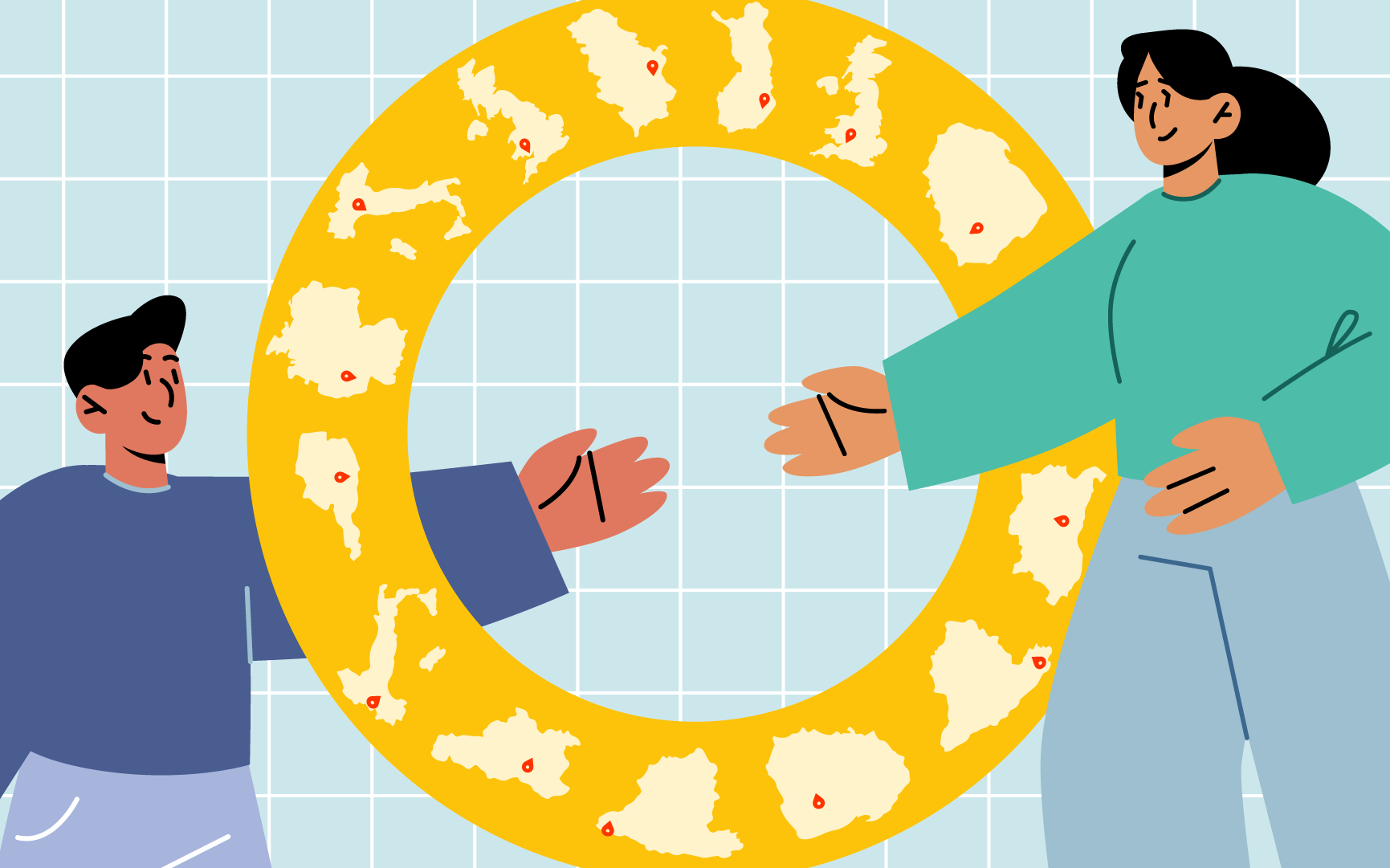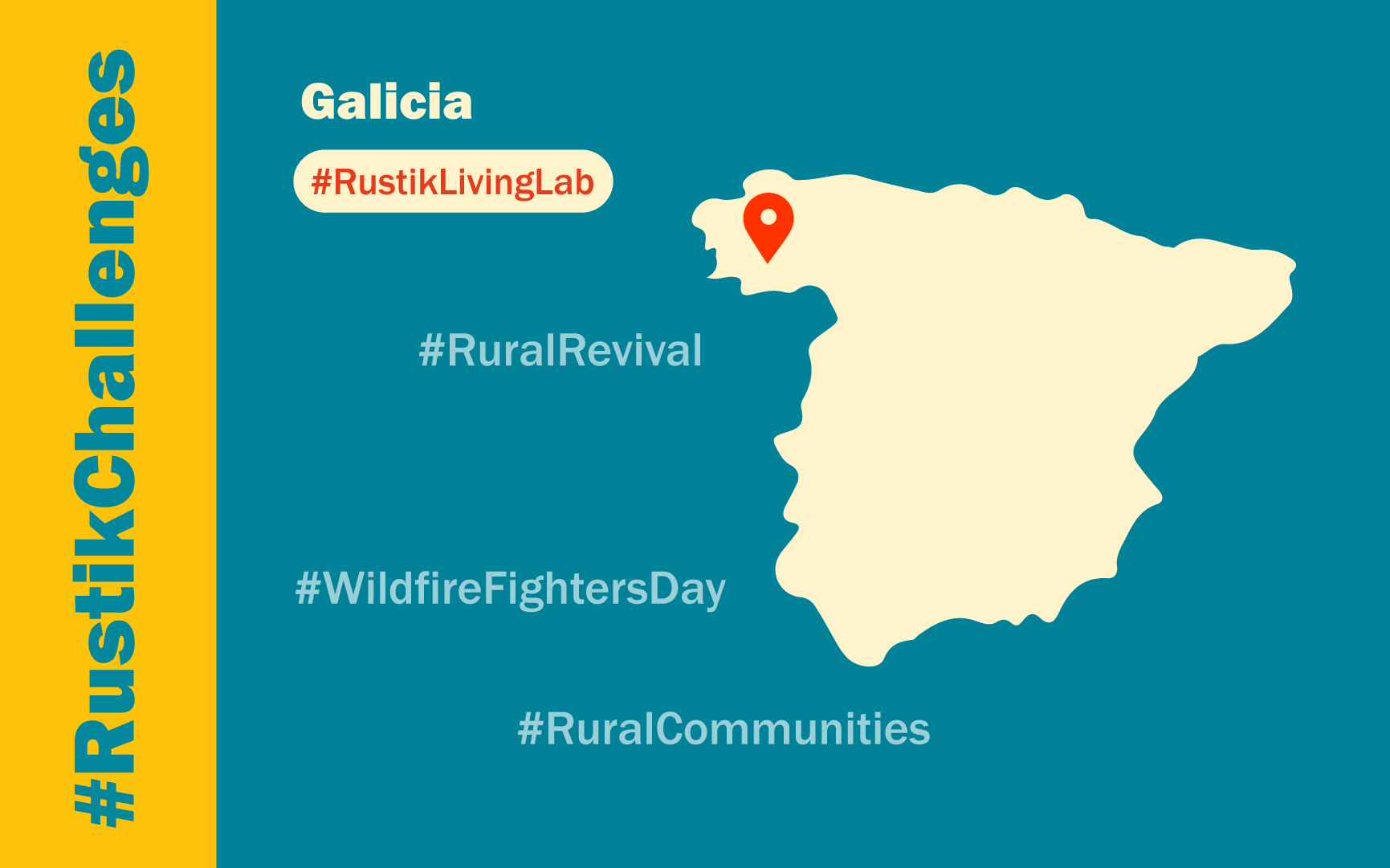Nestled in Seva municipality, Sant Miquel de Balenyà, with its modest population of 1,353, plays a pivotal role in Osona County‘s socio-economic and environmental shifts. This vibrant community, strategically located between Montseny and Plana de Vic, boasts a robust agri-industrial sector and participates actively in the RUSTIK project to tackle local challenges.
Focus on Socio-Economic and Environmental Shifts
Sant Miquel de Balenyà is witnessing dynamic demographic changes due to its strategic location and connectivity to major cities like Barcelona, Vic, and Granollers. Factories attract a workforce often exceeding the number of residents, and many secondary residences have become primary homes post-COVID-19. The town is also committed to green energy, with public buildings using wood chips from Montseny forests for boilers and the private sector investing in solar panels. However, water availability remains a critical issue requiring proactive management.
Living Lab Challenge: Enhancing Quality of Life
The Living Lab in Sant Miquel de Balenyà aims to improve the quality of life through social cohesion, equity, climate resilience, and balanced socio-economic competitiveness. The challenge is to refine territorial and urban planning to better address demographic shifts, the urban-industrial interface, and future infrastructural changes, with active citizen participation.
Rationale and Challenges
Despite its small size, Sant Miquel de Balenyà has a complex territorial pattern. An industrial area with over 30 industries lies close to residential zones. The construction of a bypass road to redirect heavy traffic away from the main street presents opportunities and risks, potentially impacting local businesses.
Knowledge to Date and Policy Relevance
The Living Lab’s foundation lies in existing planning documents like the Seva Urban Master Plan (POUM) and the Partial Territorial Plan of the Central Counties. Efforts are underway to advocate for policy changes granting EMDs the capability to approve modifications to Urban Master Plans, benefiting Sant Miquel de Balenyà and similar entities.
Research Questions and Emerging Data Needs
- How can improvements in territorial and urban planning enhance social cohesion, equity, and quality of life?
- What measures can bolster community resilience to climate-related challenges?
- How can socio-economic competitiveness be balanced with social equity and inclusivity?
- What strategies can effectively engage the community in decision-making processes?
To address these questions, detailed demographic, socio-economic, environmental, and mobility data are needed. Current data scarcity at the EMD scale poses a significant challenge, necessitating extensive fieldwork and community involvement in data collection.
Capacities and Limitations
While data scarcity is a primary limitation, the small geographic scale facilitates detailed fieldwork and community engagement. Existing data on land use, urban master plans, and energy efficiency certificates provide a foundational understanding. Innovative approaches, such as exploring big data sources and unconventional data collection methods, demonstrate adaptability in overcoming data gaps.
Sant Miquel de Balenyà, with its vibrant industrial sector and dynamic population growth, is at the forefront of socio-economic and environmental transitions in Osona. Through the RUSTIK project, the town aims to address these challenges holistically, leveraging community involvement and innovative data collection methods. The ultimate goal is to enhance the quality of life for its residents, ensuring a sustainable and resilient future.
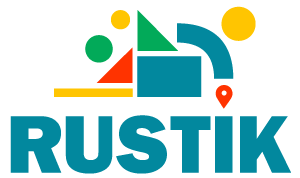
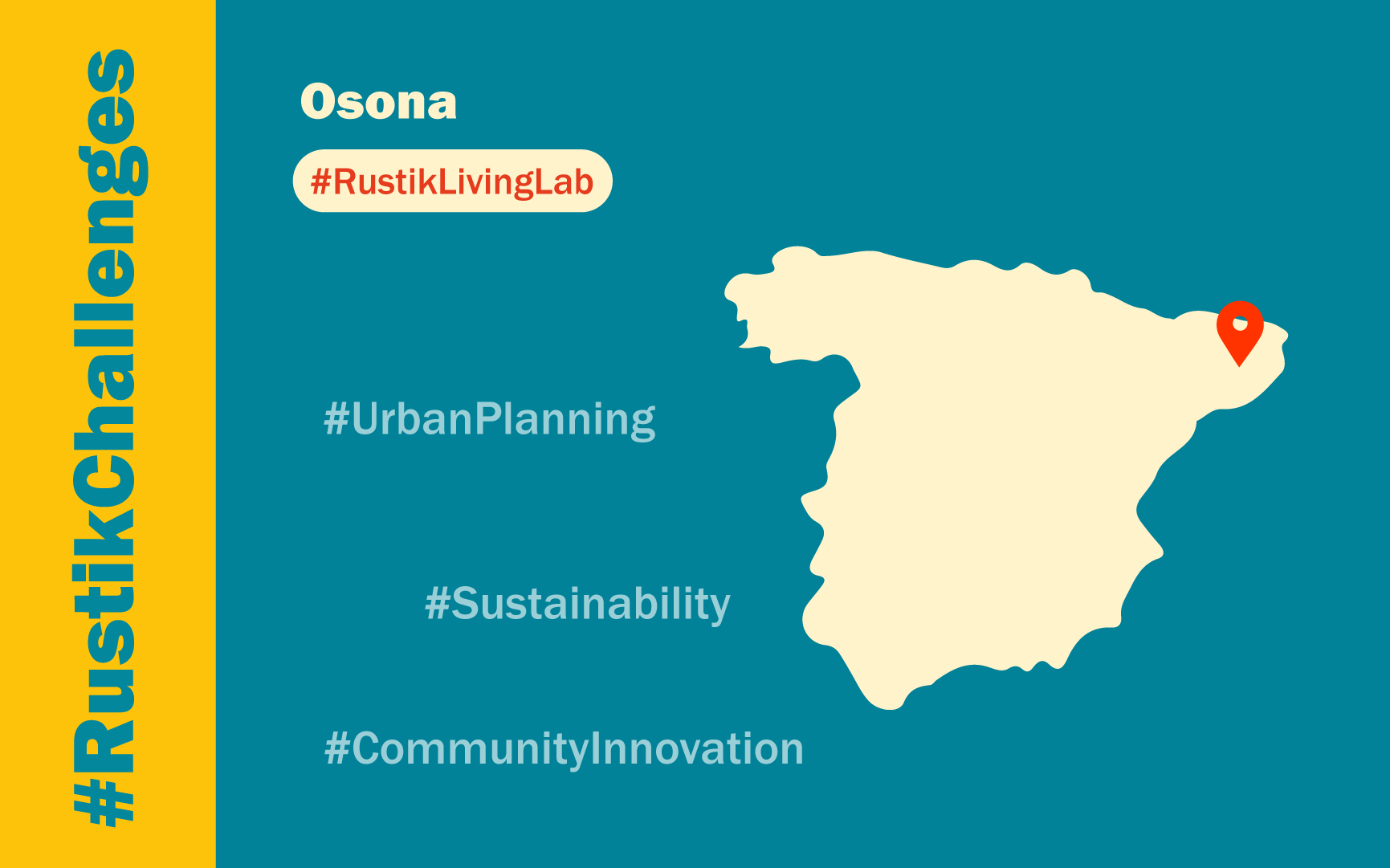
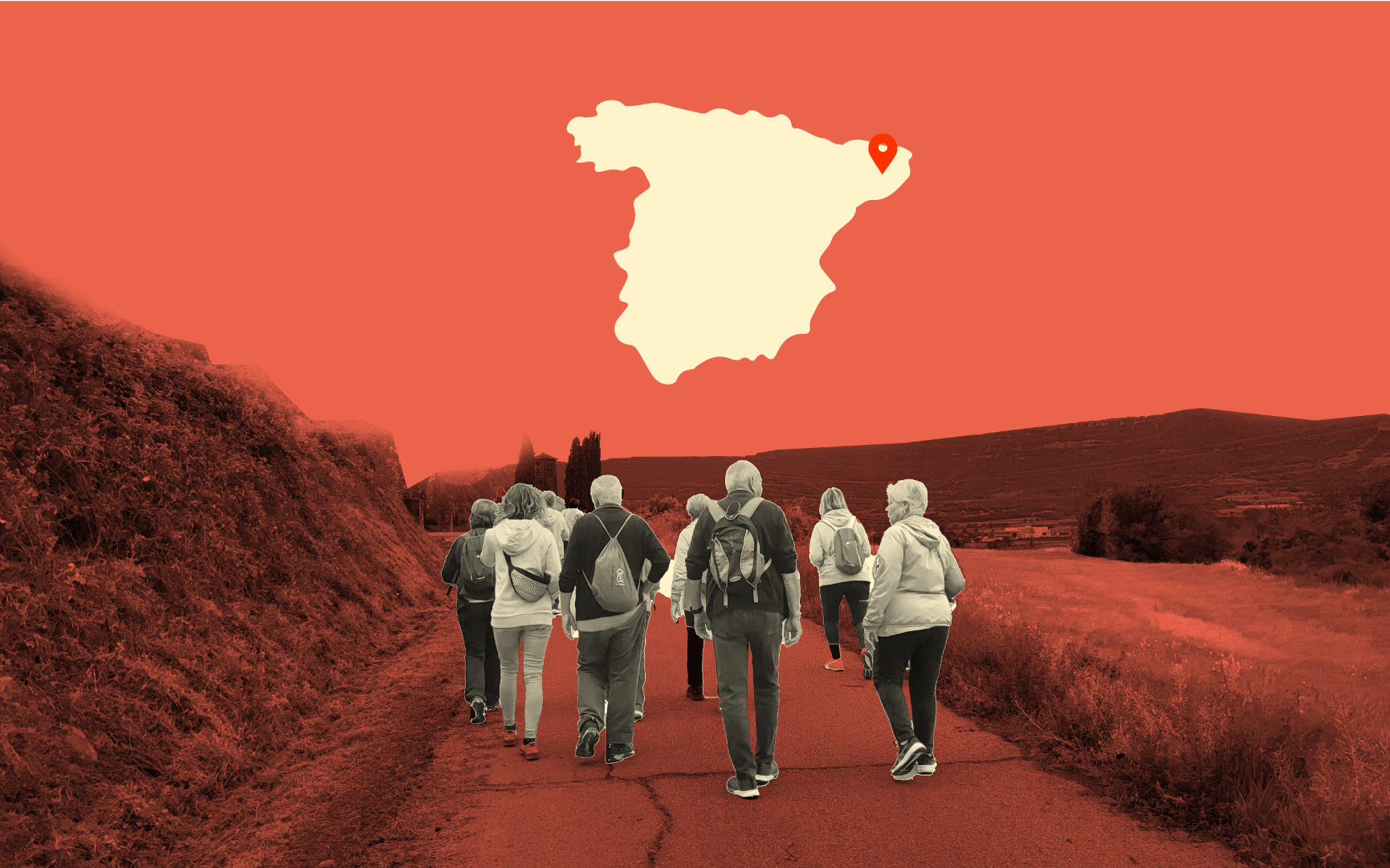
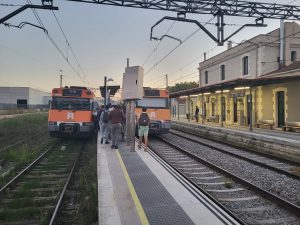
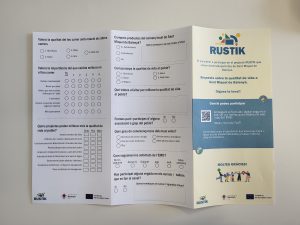
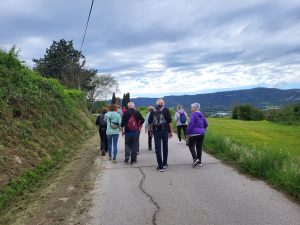
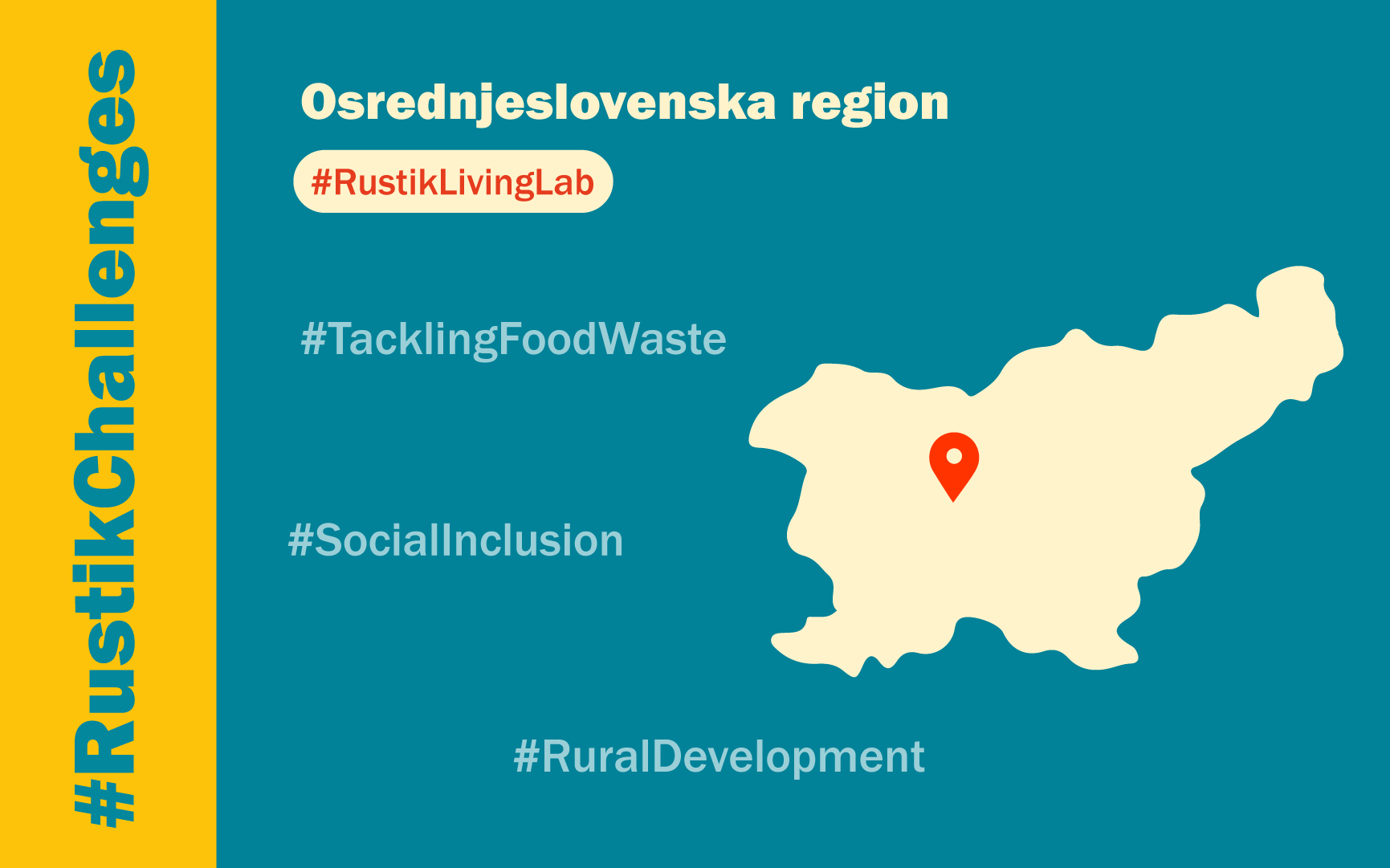
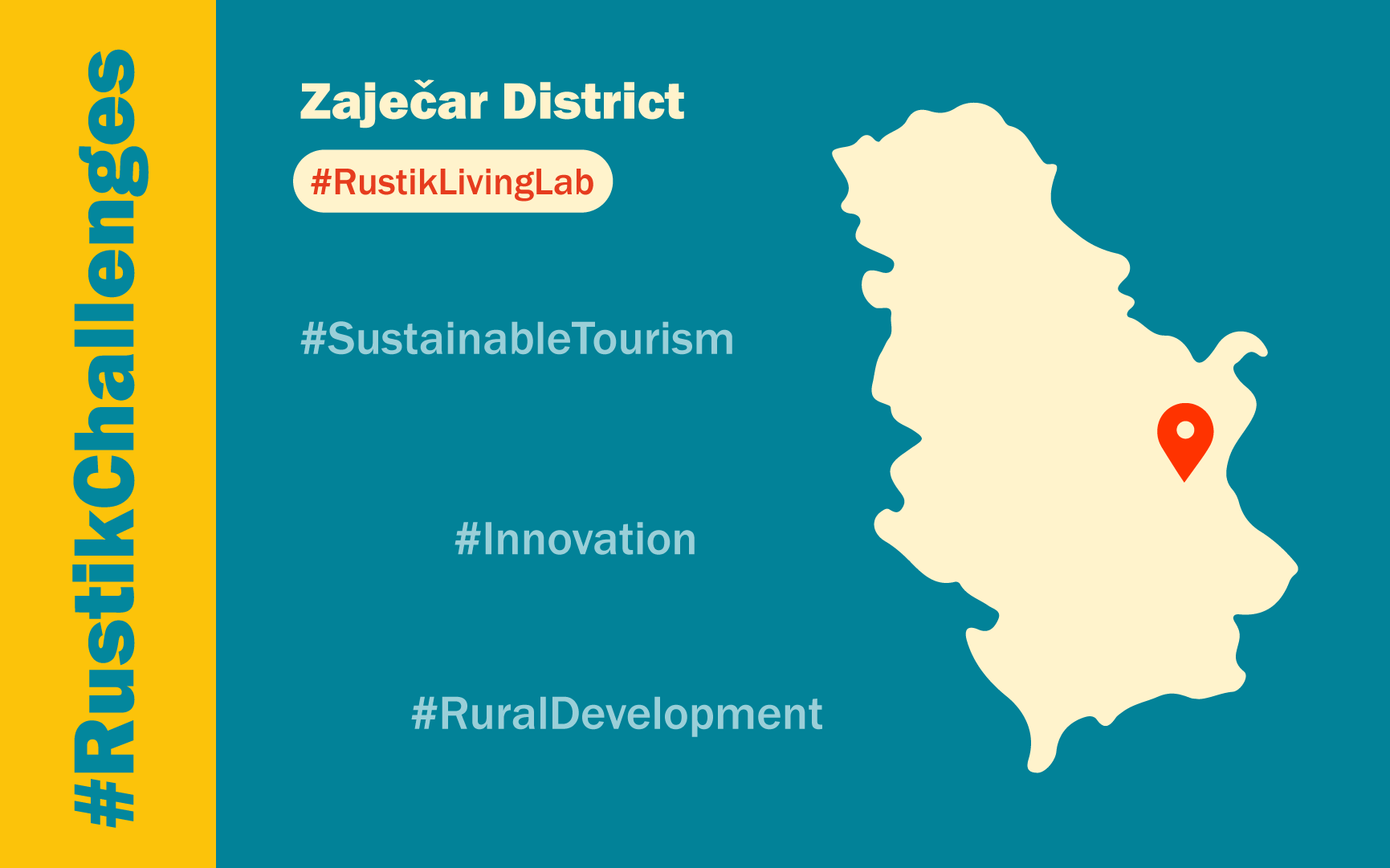
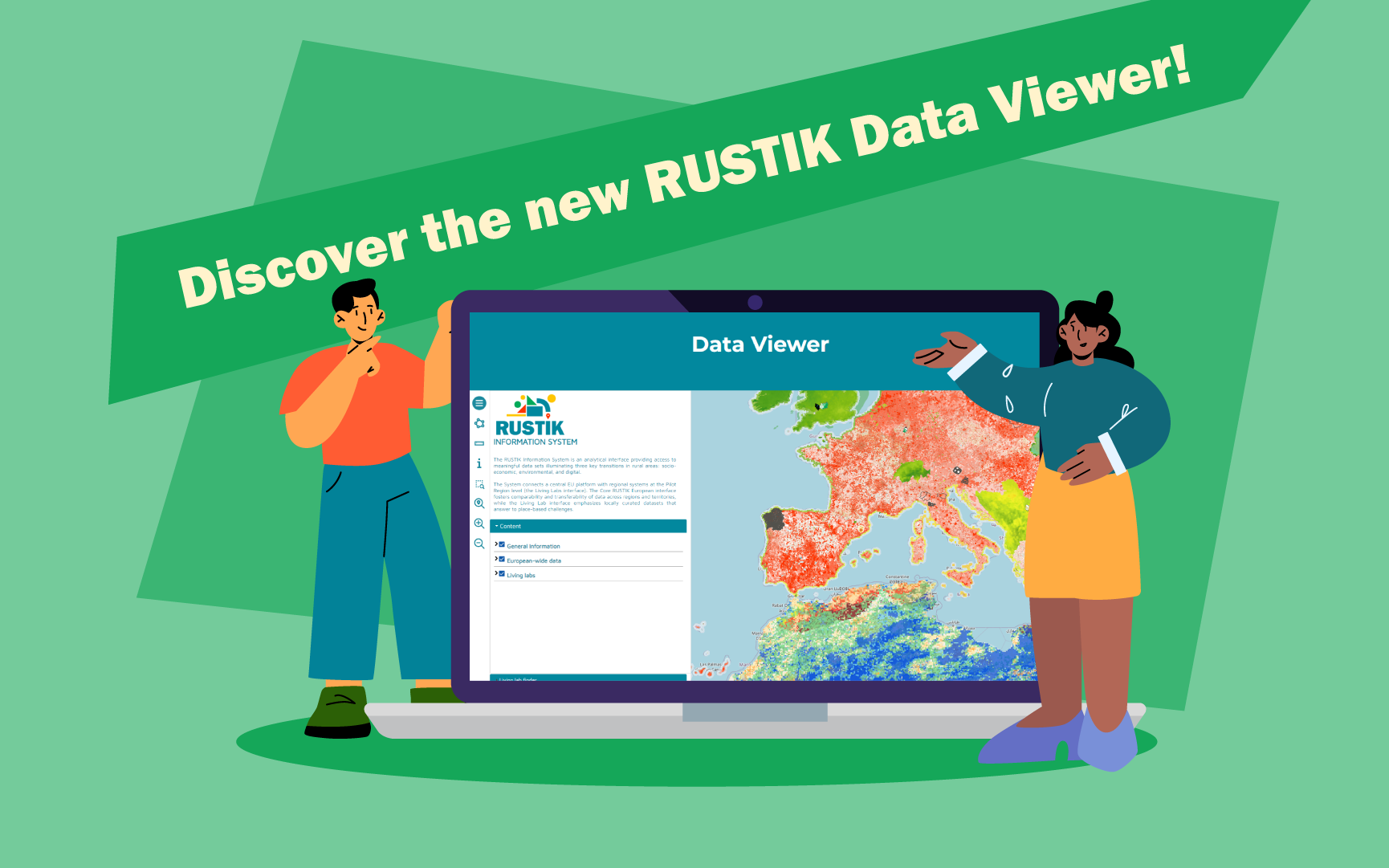
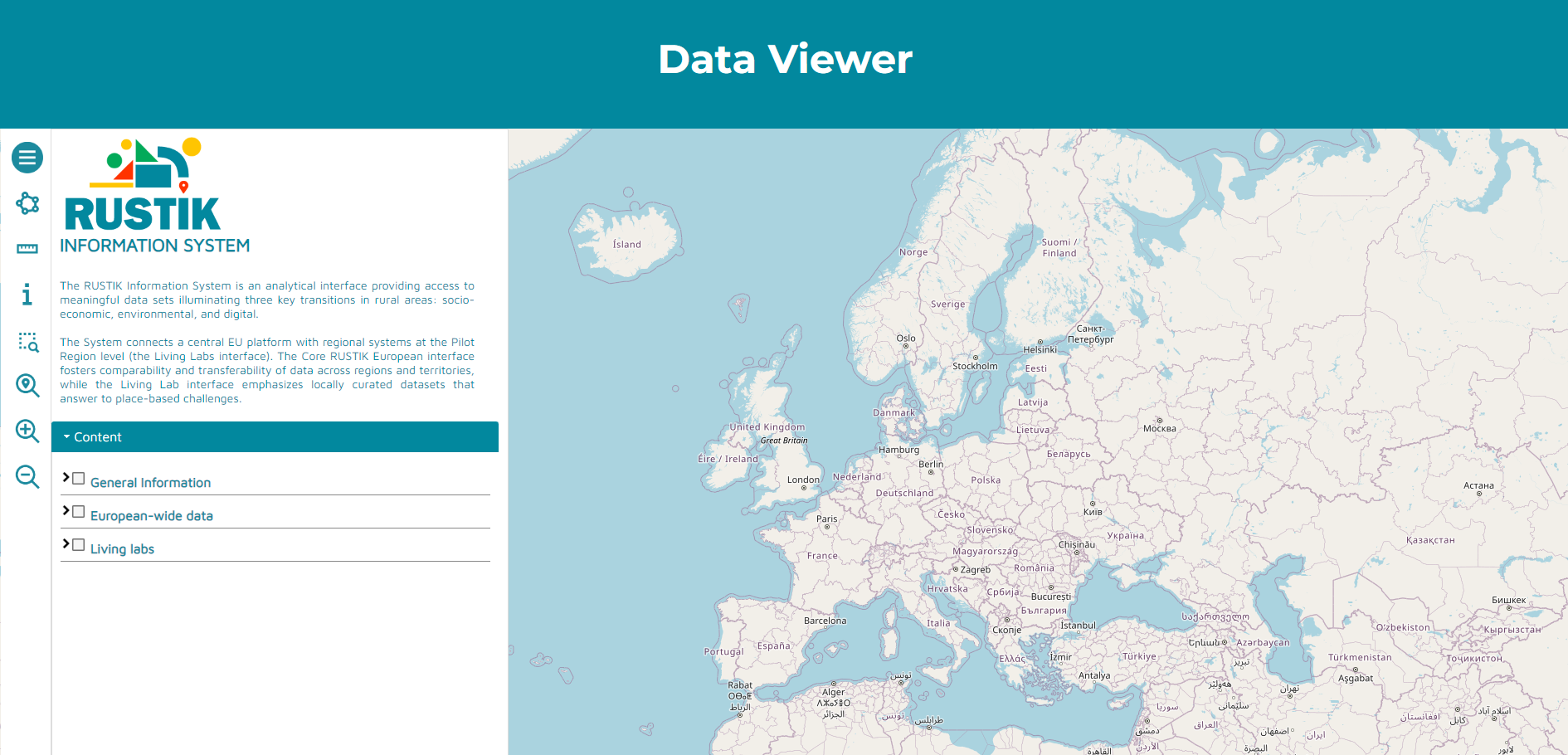
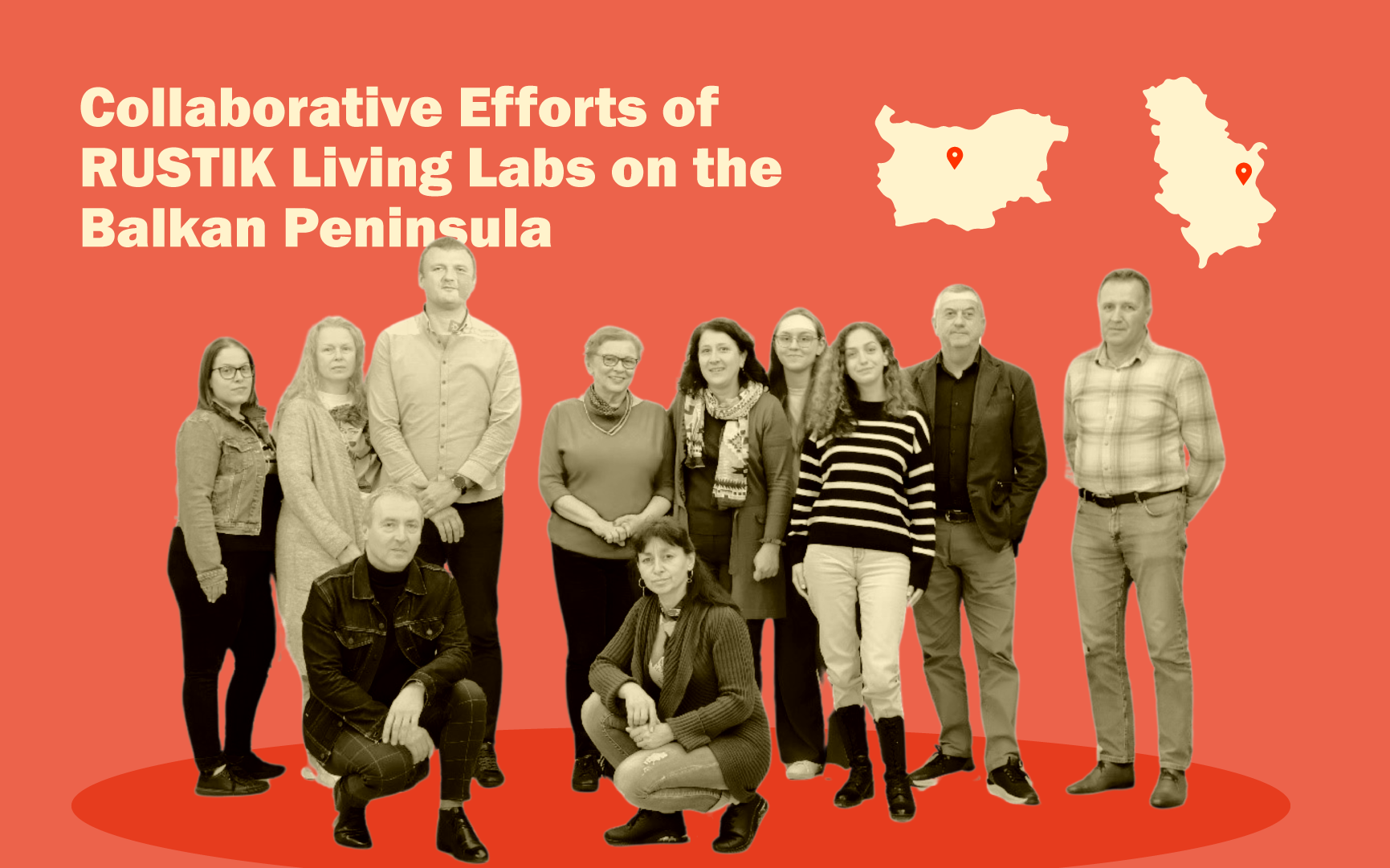
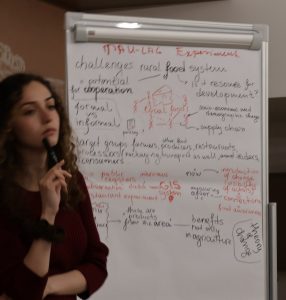 During the meeting, both LLs presented their key socio-economic challenges with a focus on food-related actors and policies. Identified data sources were discussed together with instruments for data collection (questionnaires and interview guides). Ideas and materials for further conceptualisation of the identified data were discussed, such as social network analysis of short food supply chain collaborations.
During the meeting, both LLs presented their key socio-economic challenges with a focus on food-related actors and policies. Identified data sources were discussed together with instruments for data collection (questionnaires and interview guides). Ideas and materials for further conceptualisation of the identified data were discussed, such as social network analysis of short food supply chain collaborations.

